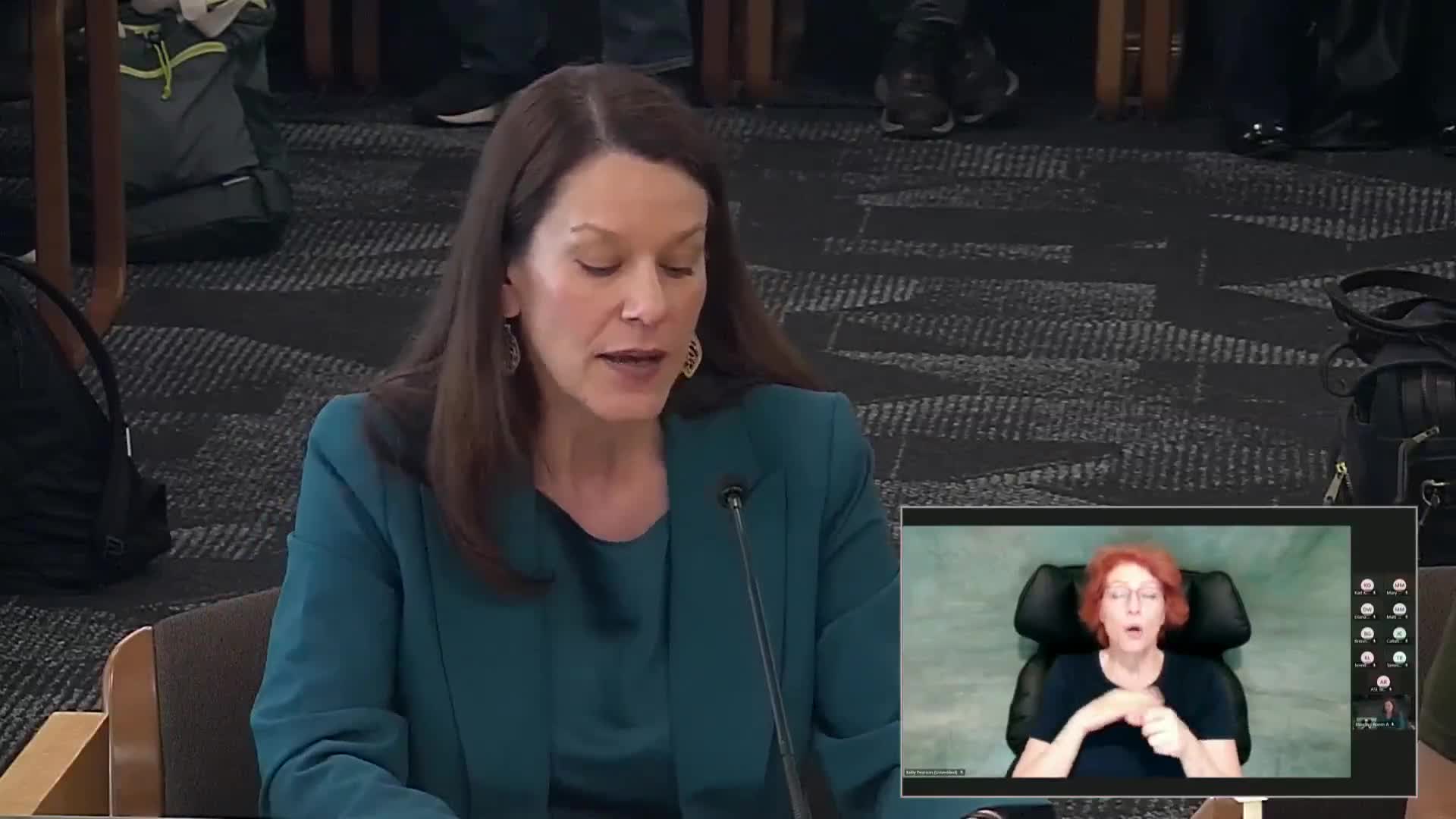Public health leaders urge tax increase for wildfire and addiction prevention funding
June 18, 2025 | Legislative, Oregon
This article was created by AI summarizing key points discussed. AI makes mistakes, so for full details and context, please refer to the video of the full meeting. Please report any errors so we can fix them. Report an error »

In a recent meeting of the Oregon House Committee on Revenue, public health emerged as a critical concern amid discussions on wildfire funding. Advocates emphasized the need to ensure that public health initiatives are not sidelined in favor of wildfire response funding. A representative highlighted the importance of raising the proposed synthetic nicotine tax from 65 cents to at least 90 cents, suggesting that the additional revenue should support local public health efforts, particularly in wildfire and addiction prevention.
The speaker pointed out the significant health impacts of wildfires, particularly on vulnerable populations such as pregnant women, children, the elderly, and individuals with pre-existing respiratory conditions. Wildfire smoke exacerbates respiratory issues, creating a dual health crisis that necessitates a robust public health response. Public health agencies play a vital role during wildfire events, from planning evacuations for at-risk individuals to providing crucial information about air quality and available resources, such as masks and filtration devices.
The meeting also featured comments from representatives of local government organizations, who expressed their support for the proposed wildfire program changes in House Bill 3940. They underscored the ongoing challenges in securing adequate funding for wildfire resilience and response efforts, particularly following the devastating fires of 2020. The League of Orange Cities called for a more comprehensive approach to funding, including the full utilization of the rainy day fund to address the pressing needs of communities affected by wildfires.
Overall, the discussions highlighted the interconnectedness of public health and wildfire management, urging lawmakers to consider the broader implications of funding decisions. As the committee continues to deliberate on these issues, the importance of integrating public health considerations into wildfire response strategies remains a key focus.
The speaker pointed out the significant health impacts of wildfires, particularly on vulnerable populations such as pregnant women, children, the elderly, and individuals with pre-existing respiratory conditions. Wildfire smoke exacerbates respiratory issues, creating a dual health crisis that necessitates a robust public health response. Public health agencies play a vital role during wildfire events, from planning evacuations for at-risk individuals to providing crucial information about air quality and available resources, such as masks and filtration devices.
The meeting also featured comments from representatives of local government organizations, who expressed their support for the proposed wildfire program changes in House Bill 3940. They underscored the ongoing challenges in securing adequate funding for wildfire resilience and response efforts, particularly following the devastating fires of 2020. The League of Orange Cities called for a more comprehensive approach to funding, including the full utilization of the rainy day fund to address the pressing needs of communities affected by wildfires.
Overall, the discussions highlighted the interconnectedness of public health and wildfire management, urging lawmakers to consider the broader implications of funding decisions. As the committee continues to deliberate on these issues, the importance of integrating public health considerations into wildfire response strategies remains a key focus.
View full meeting
This article is based on a recent meeting—watch the full video and explore the complete transcript for deeper insights into the discussion.
View full meeting
